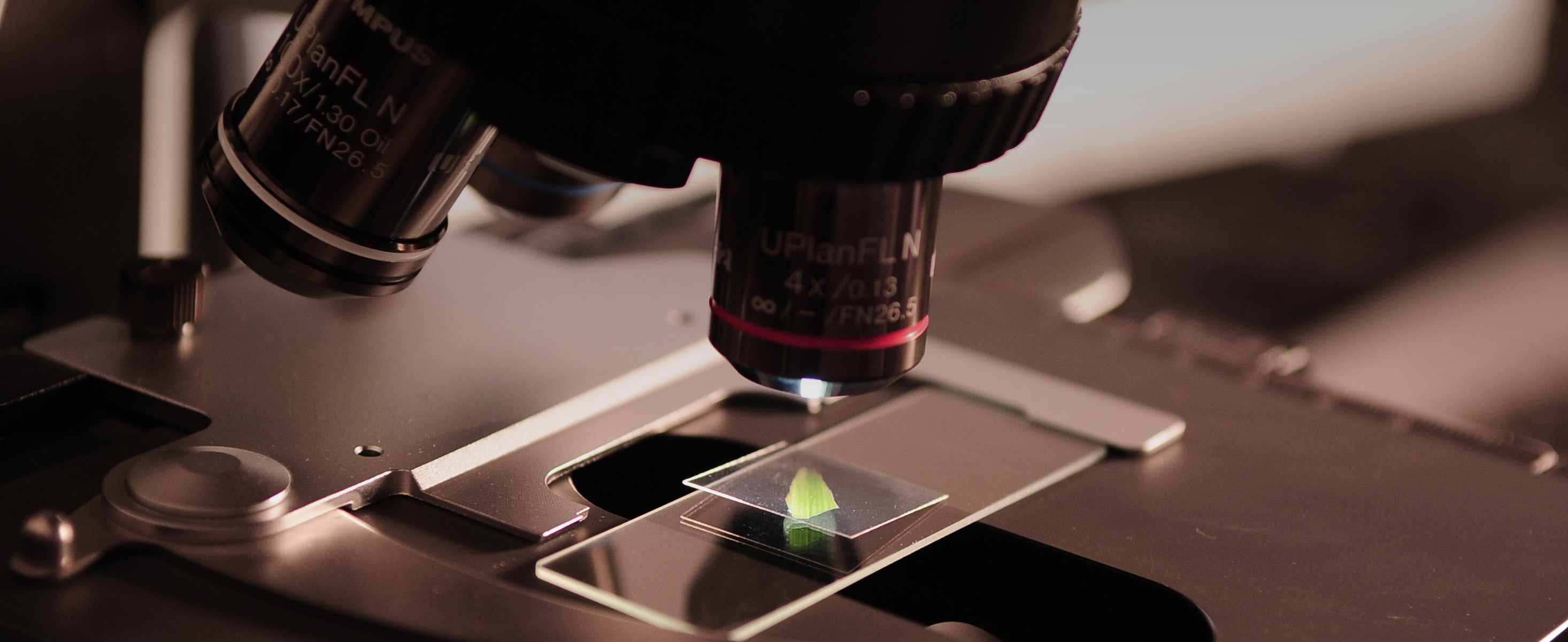
2 minute read
Vale Wildlife Hospital & Rehabilitation Centre


Advertisement
~ Caroline Gould Founder of Vale Wildlife Hospital & Rehabilitation Centre
The Vale Wildlife Hospital & Rehabilitation Centre began in the back garden of a small family home in Worcestershire in 1984 when founder Caroline Gould was asked to look after an injured tawny owl by a local vet. This simple beginning grew into a fullyfledged hospital charity that employs 12 full or part-time staff and enlists the help of many more volunteers on a daily basis. There are workers and volunteers running the centre 24/7, every day of the year in order to give emergency care to the thousands of casualties that come through their doors needing operations, treatment and rehabilitation. The staff are experts in their field and are often called upon for advice from further afield and sometimes even overseas. The centre does not look after domestic pets, and instead takes in a range of wild animals from a wide surrounding area. They mainly deal with mammals such as hedgehogs, foxes and badgers, and birds like swans and owls but also care for amphibians and occasionally fish and insects too. The majority of the injuries and illnesses that the centre deals with are caused by humans in some way, either directly or indirectly. Some animals are hit by cars or fly into windows, some are poisoned by chemicals or get attacked my domestic pets. In 2016, Vale took in George the swan from Pitville Park in Cheltenham, who had been cruelly shot through the head with a crossbow bolt. Thankfully he made a full recovery and was back on the lake just a week later, miraculously keeping his sight. The people who are part of Vale Wildlife are doing their bit to fix the damage that humans are doing to animals. Money for the centre is generated through fundraising, sales in the store at the front of the hospital and in their charity shops as well as generous donations. One option to generate a lot more revenue would be to open the doors to the public and charge an entry fee in return for seeing the centre and learning about the work that goes on. However, this would mean a much busier, more hectic environment which would result in huge and sometimes fatal levels of stress for the wildlife. Therefore the hospital and outdoor rehabilitation enclosures are not open to the public other than on the annual dedicated open day. Human contact must be kept to a minimum to ensure that animals can successfully be released back into the wild after staying at the centre.

Birds and other animals in the hospital are weighed as part of a series of daily checks to monitor their health.





